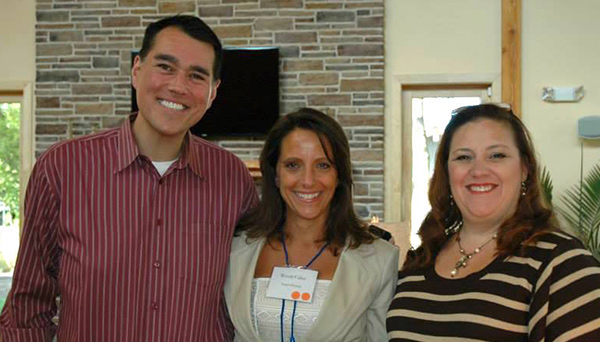Struggle Makes us Smart: An Encouraging Challenge to Typical Parenting
Parents want what’s best for their children, and this instinct can often drive us to ensure that our children never have to struggle, exert effort, or even fail in the face of adversity. However, in Forbes (12/2013, p. 46), Rich Karlgaard links struggle to the growth of intelligence, which implies that a parent who tries to make their children struggle-free might be inhibiting critical development.
Karlgaard challenges the idea that intelligence is merely an inherited trait that can easily be measured by IQ or SAT tests. Beyond test scores, the indicators and characteristics of intelligence have more to do with “hard work, perseverance and resilience. Call it grit. Call it tenacity.” Karlgaard says these qualities are easy to miss because they’re “old fashioned.”
we’re not limited or defined by the IQ we’ve inherited. Much of what makes us real-world smart comes from what we’ve learned usually the hard way
Quite encouragingly, the article reads, “we’re not limited or defined by the IQ we’ve inherited. Much of what makes us real-world smart comes from what we’ve learned usually the hard way.” “Academics will say those things don’t technically define smarts,” which has probably led many smart people to deny their own intelligence, but actually “grit results in an increased ability to learn more and adapt faster.”
“From the prenatal period to the end of our lives what shapes the neural circuits underlying our behavior is experience. This can include such uncontrollable influences as adversity, as well as intentional influences as learning and training.”
So, as a parent who wants the best for my child, I have to remember that it’s okay to let my child learn perseverance through struggle, because “in the real world it’s grit that makes us smart.”
CDS students take Standardized Achievement Tests several times per year and score competitively with similar peers on the North Shore. And yet our emphasis is not on test taking: We are an academically rigorous program fortified by a commitment to character growth.
The Measure of Academic Progress Test
MAP Test (Measures of Academic Progress created by Northwest Evaluation Association) Score Comparison Graphs
School Year: 2014-2015. Download the full PDF report here.








Leave a Comment